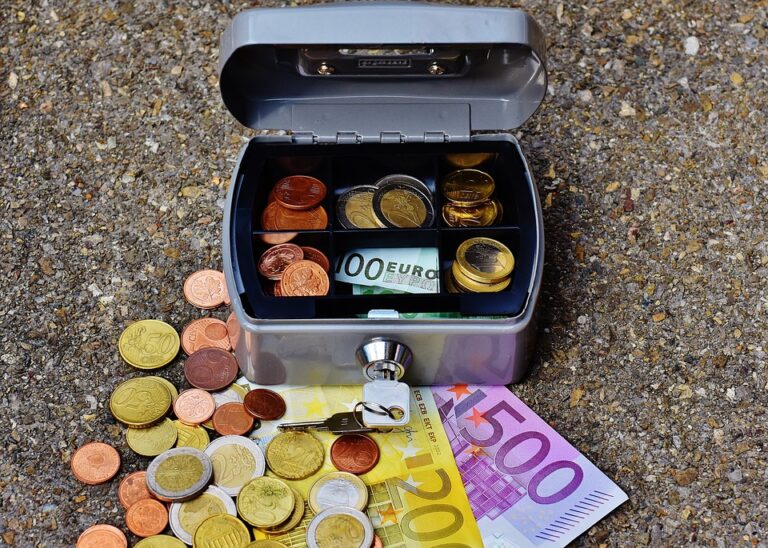Last updated Jun. 28, 2024 by Peter Jakes
Summer is a time for outdoor activities, family gatherings, and delicious food. However, with inflation on the rise and the economy fluctuating, eating healthy without breaking the bank can seem challenging. Fear not! Here are some effective strategies for saving money while enjoying nutritious meals this summer.
Shop Seasonally and Locally
Embrace Local Farmers’ Markets
During summer, local farmers’ markets are brimming with fresh, seasonal produce. Shopping here not only supports local farmers but also ensures you’re getting the freshest food at often lower prices than supermarkets. Seasonally available produce like tomatoes, zucchinis, berries, and leafy greens can be more affordable because they’re abundant.
Plan Your Meals Around Sales
Keep an eye on grocery store flyers and online deals. Planning your meals based on what’s on sale can significantly cut down on costs. For instance, if chicken breasts or salmon are on discount, incorporate them into your weekly meal plan.
Grow Your Own Garden
Start Small
Consider starting a small garden with easy-to-grow herbs and vegetables. Growing your own basil, mint, tomatoes, or lettuces can drastically reduce your grocery bill. Plus, gardening is a therapeutic hobby that gets you outside enjoying the summer sun.
Container Gardening
No yard? No problem. Many vegetables and herbs are well-suited for container gardening. Pots on a balcony or windowsill can yield surprising amounts of produce.
Cook at Home More Often
Batch Cooking
One of the best ways to save money and eat healthily is to cook in bulk. Spend one day a week preparing large batches of meals that can be portioned and frozen for later use. This reduces the temptation to order takeout and helps you control your ingredients, making your meals healthier.
Use a Slow Cooker
A slow cooker is a summer-friendly kitchen appliance that can save you time and money. Slow-cooked dishes like soups, stews, and casseroles can be made with inexpensive ingredients and yield several servings.
Make Smart Grocery Choices
Buy Store Brands
Generic or store brands often offer the same quality as branded products at a lower cost. Staples like canned beans, rice, and oats are good targets for switching to store brands.
Reduce Meat Consumption
Meat is often the most expensive component of a meal. Experiment with meatless meals or incorporating plant-based proteins like beans, lentils, and tofu. These alternatives are not only cost-effective but also offer numerous health benefits.
Avoid Food Waste
Proper Storage
Learn how to store fruits and vegetables properly to extend their shelf life. For example, storing leafy greens with a paper towel in an airtight container can keep them fresh longer.
Use Leftovers Creatively
Transform leftovers into new dishes. Cooked vegetables can be added to salads, soups, or omelets. Stale bread can be made into croutons or breadcrumbs.
Drink More Water
Skip Sugary Drinks
Not only are sodas and flavored drinks unhealthy, but they can also add up in cost. Opt for water instead. Infuse it with slices of lemon, cucumber, or fresh mint from your garden for a refreshing summer drink.
Invest in a Good Filtration System
A home water filtration system can save you money in the long run and reduce your environmental footprint by cutting down on bottled water consumption.
Take Advantage of Free Resources
Community Events
Many communities offer free or low-cost food-related events, such as cooking classes, nutrition workshops, and community dinners. These can be educational and fun, helping you learn new recipes and techniques for eating healthily on a budget.
Online Recipes and Blogs
The internet is a treasure trove of budget-friendly recipes and meal plans. Websites and blogs dedicated to frugal living and healthy eating can provide endless inspiration for delicious, affordable meals.
✓ Short Answer
Embrace local farmers’ markets for fresh, affordable produce, grow your own garden, and cook at home to save money and eat healthily this summer.
FAQs
What are the best foods to buy during the summer to save money?
Fruits and vegetables that are in season during summer, such as tomatoes, zucchinis, berries, and leafy greens, are usually more affordable and fresher.
How can I reduce my grocery bills without compromising on nutrition?
Shop seasonally, buy store brands, reduce meat consumption, and plan your meals around grocery store sales to cut costs while maintaining a healthy diet.
Is growing my own food really cost-effective?
Yes, starting a small garden can save money in the long run. Begin with easy-to-grow herbs and vegetables which can reduce the need to purchase these items from the store.
Are there devices or tools that can help me save money while eating healthy?
A slow cooker and a water filtration system are two useful tools. A slow cooker allows for batch cooking, saving time and money, while a filtration system reduces the need for buying bottled water.
How can I prevent food waste in my kitchen?
Properly store your fruits and vegetables and creatively use leftovers. This will extend the shelf life of your groceries and reduce the amount of food you throw away.





